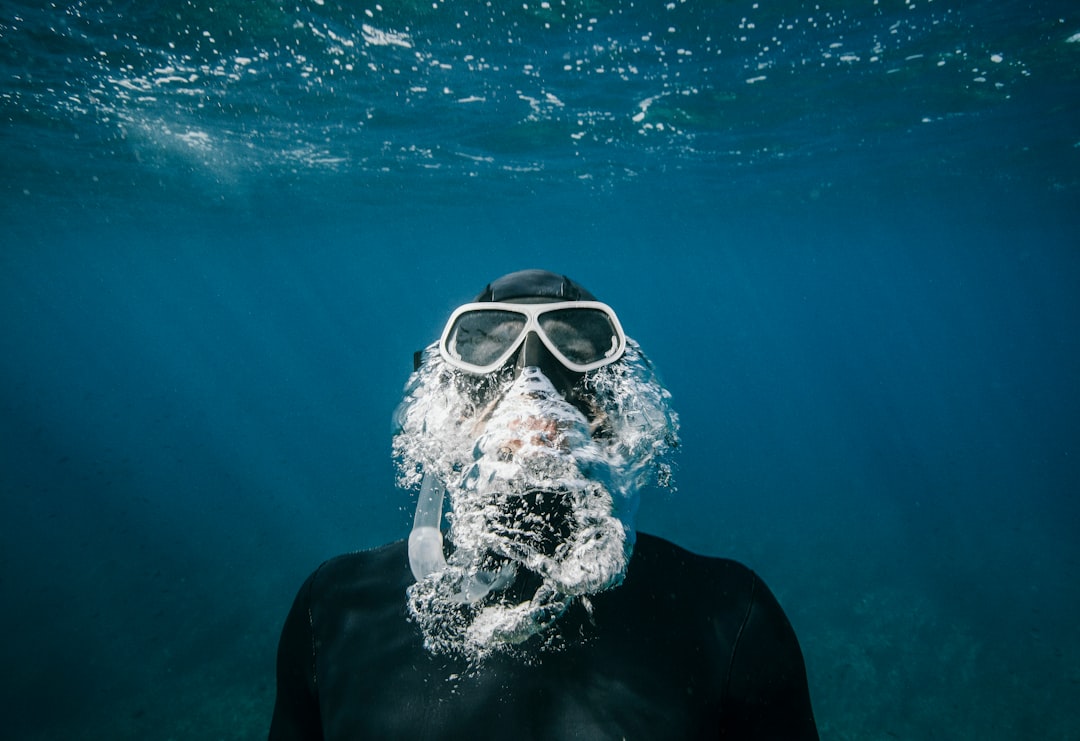Diver Kairukuruku
Commercial divers develop and maintain underwater structures and do research for scientists. Recreational divers teach scuba diving and may carry out marine searches and rescues.
Divers may do some or all of the following:
- inspect, build and repair structures using underwater tools and equipment
- search underwater areas for objects, structures or criminal evidence
- manage emergency situations, including rescuing divers in distress
- clean and inspect boats or marine farm structures
- guide certified divers on underwater tours
- inspect, clean and wash diving equipment
- instruct dive students
- keep a log book to record details of diving experiences.
Physical Requirements
Divers need to have excellent fitness and health and a good level of stamina because diving can be physically demanding. They also need to be free of inner-ear problems.
Useful Experience
Useful experience for divers includes:
- recreational diving
- dive industry retail work
- building industry work
- engineering, fitting and welding work
- scientific work such as marine biology or oceanography
- work on boats or in the boating industry
- teaching.
Personal Qualities
Divers need to be:
- able to remain calm in emergencies and work well under pressure
- confident and adaptable
- alert and safety conscious
- methodical and careful
- good communicators.
Skills
Divers need to have knowledge of:
- diving techniques, and have excellent diving skills
- diving equipment, and have the ability to repair equipment that breaks down on-site
- relevant health and safety regulations
- underwater hazards such as rips and currents
- first aid and how to deal with emergencies.
Depending on their area of specialisation, divers may also need to have knowledge of:
- underwater inspection and survey techniques
- search and rescue procedures
- construction methods and materials
- underwater photography
- the behaviour of marine life.
Conditions
Divers:
- usually work irregular hours including weekends, and may be on call
- may work off boats for days or weeks at a time, and spend long periods underwater in lakes, rivers, harbours and at sea
- may travel to work sites throughout New Zealand or in places such as Antarctica or the North Sea
- may work in extreme conditions including icy water, water with poor visibility, and in windy or changeable weather conditions which may be dangerous.
Subject Recommendations
There are no specific secondary educational requirements to become a diver. However, physical education, maths, physics and workshop technology are useful.
Divers can earn around $48K-$49K per year.
Pay for divers varies depending on skills, experience and the type of diving they do.
Recreational divers are usually employed full time and paid a fixed salary.
- Newly qualified recreational divers usually earn minimum wage.
- Recreational divers who are master scuba trainers usually earn up to $48,000 a year.
- Instructors who train recreational diving staff can earn up to $49,000.
Commercial divers usually work on short-term contracts and are paid a daily rate. Some commercial divers are employed full time and paid a fixed salary.
- Newly qualified commercial divers working onshore usually earn between $350 and $400 a day.
- Experienced commercial divers or supervisors working offshore can earn between $800 and $1,200 a day.
Sources: Academy of Diving, 2019; Subsea Training Centre 2019; and NZ Diving & Salvage, 2019.
Divers may progress to set up their own diving business.
Divers may specialise in a number of roles including:
- Commercial Diver
- Commercial divers may work onshore or offshore and usually work for construction, engineering or science companies.
- Recreational Diver or Diving Instructor
- Recreation divers usually teach various recreational scuba diving skills.
- Hazmat Diver
- Hazmat divers are a specific kind of commercial diver and usually work in hazardous underwater conditions.
- Naval, Police or Military Diver
- Naval, police or military divers perform a variety of underwater tasks for the institutions they work for.
- Aquaculture Diver
- Aquaculture divers work for aquaculture farms which reproduce and harvest species such as mussels, oysters and salmon.
- Media, Film or Photographic Diver
- Media divers usually work for production companies and specialise in capturing underwater images.
- Search and Rescue Diver
- Rescue divers are commercial or recreational divers qualified to help save people from dangerous underwater situations.
Years Of Training
<1 year of training required.Commercial diver qualifications
To become a commercial diver you need to have a specific diving qualification from Subsea Training Centre.
You also need to be at least 18 years old and hold a current:
- medical clearance from the Diving Hyperbaric Medicine Service
- First Aid Certificate, renewed every three years
- CPR qualification, renewed every 12 months
- oxygen administration qualification, renewed every 12 months
- Worksafe Certificate of Competence, renewed every five years.
- Australian Diver Accreditation Scheme (ADAS) website - information for divers
- Worksafe website - guidelines for occupational (work-related) diving
Recreational diver qualifications
To become a recreational scuba diving instructor you need to be qualified to train others, and may need to complete a certain number of dives.

 Liston College
Liston College